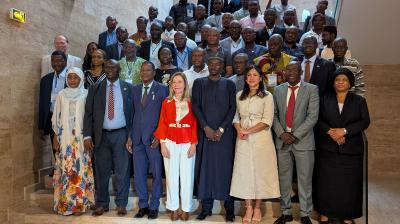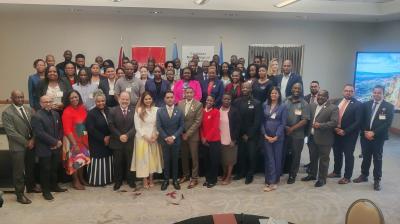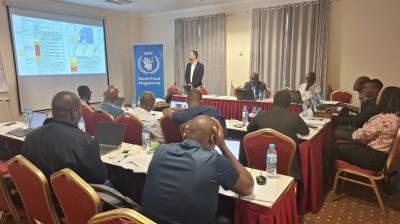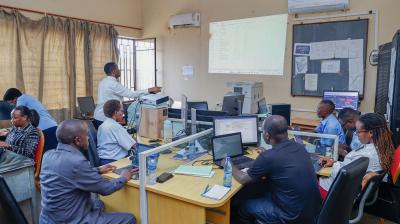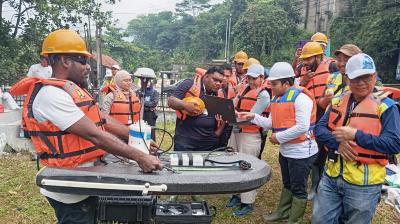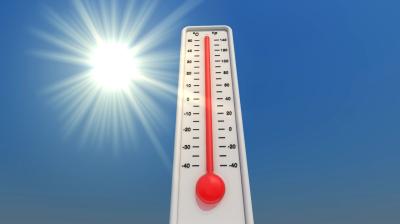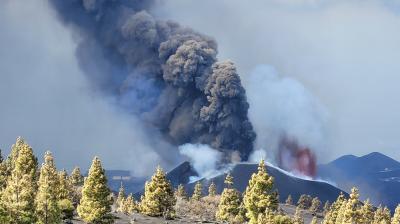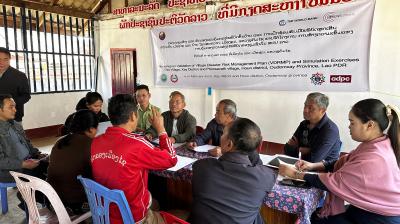United Arab Emirates hosts EW4ALL workshop ahead of COP28
Advances in early warning systems and preparedness have proven to be lifesaving and cost-effective, protecting tens of thousands of lives and billions of dollars in assets. By focusing on people-centered, end-to-end, multi-hazard early warning systems, we can mitigate the impact of disasters by triggering timely and well-prepared actions.

Advances in early warning systems and preparedness have proven to be lifesaving and cost-effective, protecting tens of thousands of lives and billions of dollars in assets. By focusing on people-centered, end-to-end, multi-hazard early warning systems, we can mitigate the impact of disasters by triggering timely and well-prepared actions.
Recognizing this pressing need to improve global preparedness, the UN Secretary-General launched the Early Warnings for All initiative in March 2022, with the ambitious goal of providing early warning protection to every individual on Earth by 2027.
To address this crucial initiative, a Workshop on "Early Warnings for All – COP28" was jointly organized in Abu Dhabi by the United Nations Office for Disaster Risk Reduction (UNDRR), the UAE National Center of Meteorology (NCM), the National Emergency and Crisis Management Authority (NCEMA), and the World Meteorological Organization (WMO). The workshop centered around a pivotal initiative, "Early Warnings for All," and aimed to foster collaboration and knowledge-sharing among key stakeholders to expedite the implementation of early warning systems worldwide.
WMO President Dr. Abdulla Al Mandous played a leading role in the workshop, which set the stage for activities at COP28 in Dubai.
Despite the effectiveness of early warning and early action, as of 2022, only half of the world's countries have access to multi-hazard early warning systems. Developing countries face an even greater challenge, with less than half of the Least Developed Countries and only one-third of Small Island Developing States having such systems in place.
More information is here
- WMO Member:
- United Arab Emirates


